Lassonde School of Engineering welcomes 19 new faculty members

This story was originally published in YFile’s New Faces Feature Issue 2022 which introduces new faculty members at York.
The Lassonde School of Engineering welcomes 19 new faculty members this fall: Elisabet Burjons, Marios Fokaefs, Moshe Gabel, May Haidar, Edris Hassan, Hadi Hemmati, Benard Isojeh, Shahin Kamali, Houshang Karimi, Kostas Kontogiannis, Sana Maqsood, Kiemute Oyibo, Aditya Potukuchi, Meiying Qin, Razieh Salahandish, Laleh Seyyed-Kalantari, Jarek Szlichta, Pooja Vashisth and Kai Zhuang.
“As we grow, so does the positive impact of our community,” said Jane Goodyer, dean, Lassonde School of Engineering. “I am thrilled to welcome 19 new faculty members to our School this year. At Lassonde, we understand the challenges of the future will be met by the people and knowledge we develop today. Our newest faculty members will bring fresh perspectives and diverse experiences to educate the next generation of creators, engineers and scientists and help us tackle the local and global challenges ahead through their research pursuits.”
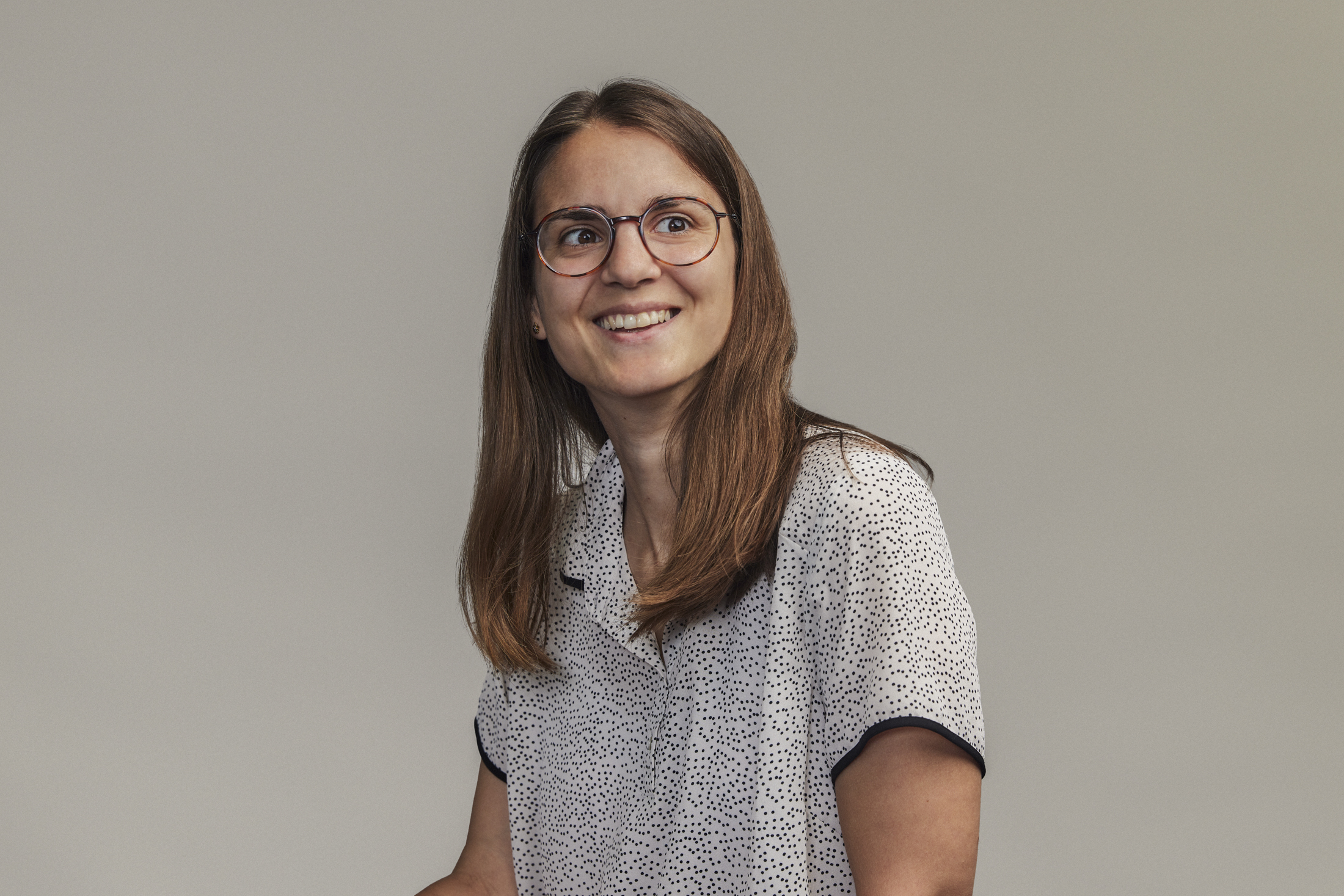
Elisabet Burjons
Elisabet Burjons is an assistant professor in the Department of Electrical Engineering & Computer Science at the Lassonde School of Engineering. After studying mathematics and physics, she pursued a PhD in theoretical computer science in the topics of online algorithms and parameterized complexity at ETH Zürich. She was then awarded a two-year postdoc mobility grant from the Swiss National Science Foundation to further her research on the topic of Turing Kernelization at RWTH Aachen. Her main research interests lie in the areas of kernelization and parameterized complexity, algorithms and complexity of geometric problems, online algorithms and applications.

Marios Fokaefs
Marios Fokaefs is an assistant professor in the Department of Electrical Engineering and Computer Science at the Lassonde School of Engineering, where he directs the EASE (Economics and Administration of Software Engineering) lab. His expertise revolves around software engineering and more specifically, software evolution and DevOps. His research focuses on software engineering economics, software performance engineering, cloud computing and self-adaptive systems, among others. Fokaefs holds a BSc in computer science from the University of Macedonia, Greece, and an MSc and PhD in software engineering from the University of Alberta. Before joining York University, he was an assistant professor in the Department of Computer and Software Engineering at Polytechnique Montreal. He has long-standing partnerships with various companies, most notably IBM Canada. His work is also funded by NSERC, Mitacs and the Wellcome Trust.
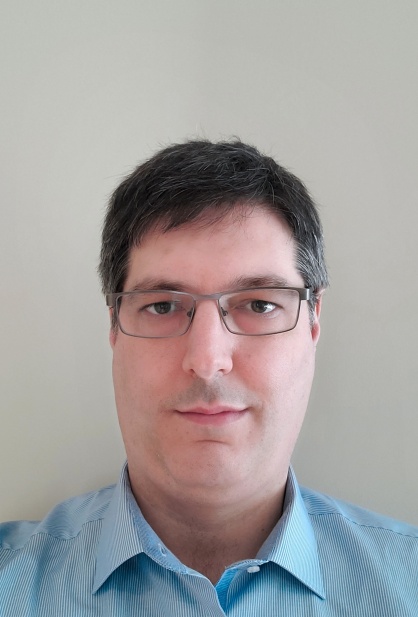
Moshe (Mickey) Gabel
Moshe (Mickey) Gabel joins York University as an assistant professor in the Department of Electrical Engineering and Computer Science. Before joining Lassonde, he served four years as a limited-term assistant professor in the Department of Computer Science at the University of Toronto and in the Department of Computer and Mathematical Sciences at UTSC. Gabel earned his PhD in computer science from the Technion – Israel Institute of Technology, where he also got his MSc and BSc. Gabel’s research lies in the intersection of distributed algorithms, systems and machine learning. His current research interest is edge computing, specifically his focus is in making geo-distributed data analysis more practical and accessible to typical software developers. He has also worked extensively on machine learning applications in pervasive health monitoring and in computer systems. His work appeared in top venues for systems and data science. He has served on multiple programs and organizing committees, most recently as program chair for SYSTOR ’22 and PC member of NeurIPS ’22 and ICML ’22.
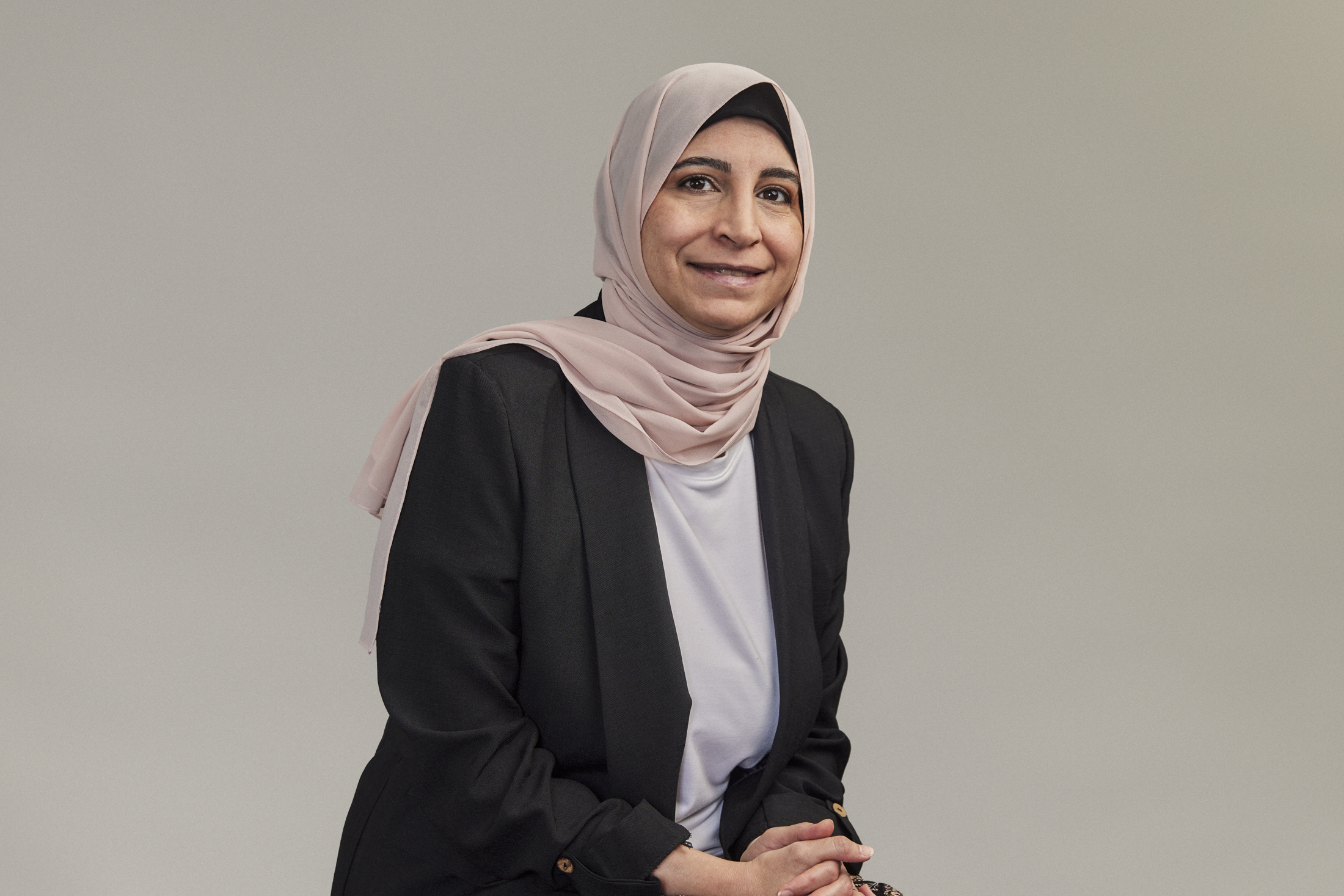
May Haidar
May Haidar is an assistant professor in the Department of Electrical Engineering and Computer Science. Haidar received her PhD in computer science from Université de Montréal with distinction, in 2008. She also received her MSc from Concordia University and her BSc from the American University of Beirut, Lebanon. She has more than 20 years of combined experience in teaching and research, as well as in the software industry. Dr. Haidar served at several computer science departments in Montreal and American universities in the Middle East including Université de Montréal, the American University of Beirut, the Lebanese American University and Fahad Bin Sultan University in Saudi Arabia. Her interests include software engineering, web applications, formal methods, and temporal logics.
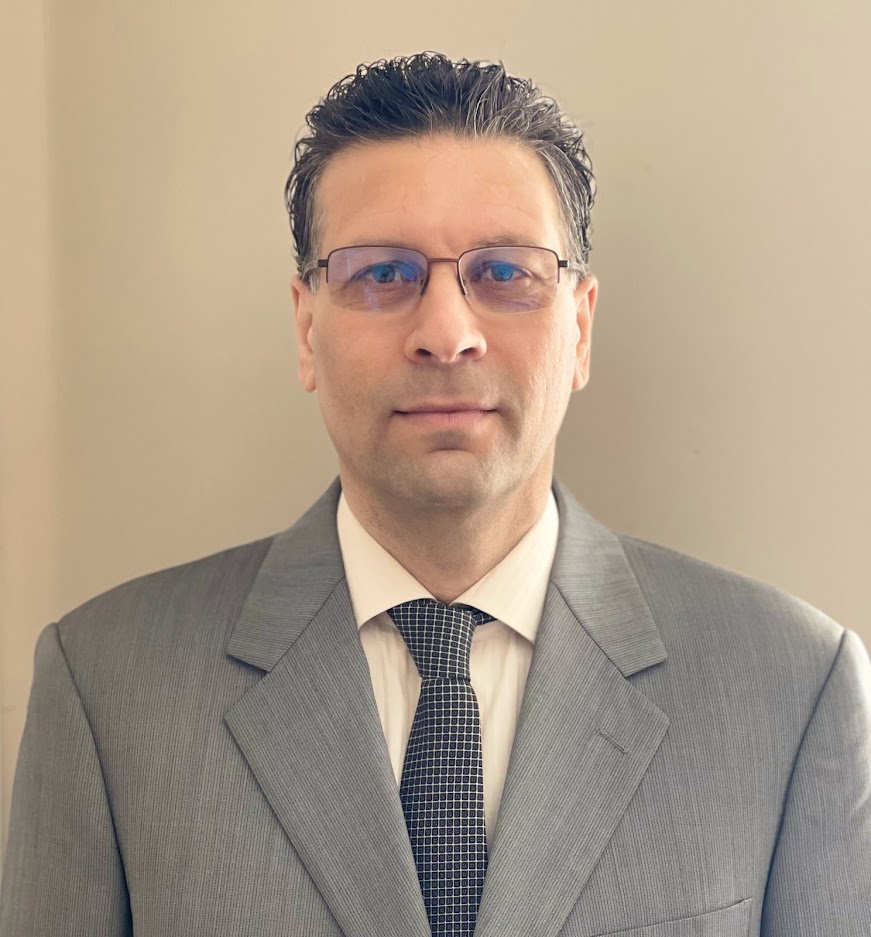
Edris Hassan
Edris Hassan is an Assistant Professor at Lassonde School of Engineering, in the department of Mechanical Engineering. He has spent 14 years in academia and 8 years in progressively responsible supervisory and management roles in the industry. He has led multidisciplinary teams and acquired knowledge in engineering design, product development, mechanical and manufacturing engineering, project management, energy, and green building practices. Edris received Ph.D. in Mechanical Engineering and a Certificate in University Teaching and Learning, CUTL, from Dalhousie University, Canada, in 2010. Edris is a registered Professional Engineer, P.Eng., in Canada, a certified Project Management Professional, PMP, by PMI-USA, and a certified LEED Green Associate (Leadership in Energy and Environmental Design) by USGBC.
His academic career has been devoted to bridging the gap between the industry and academia by building balanced curricula and a cluster of applied research and development projects. He has extensive teaching experience in sophomore engineering and senior applied mechanics and design courses.
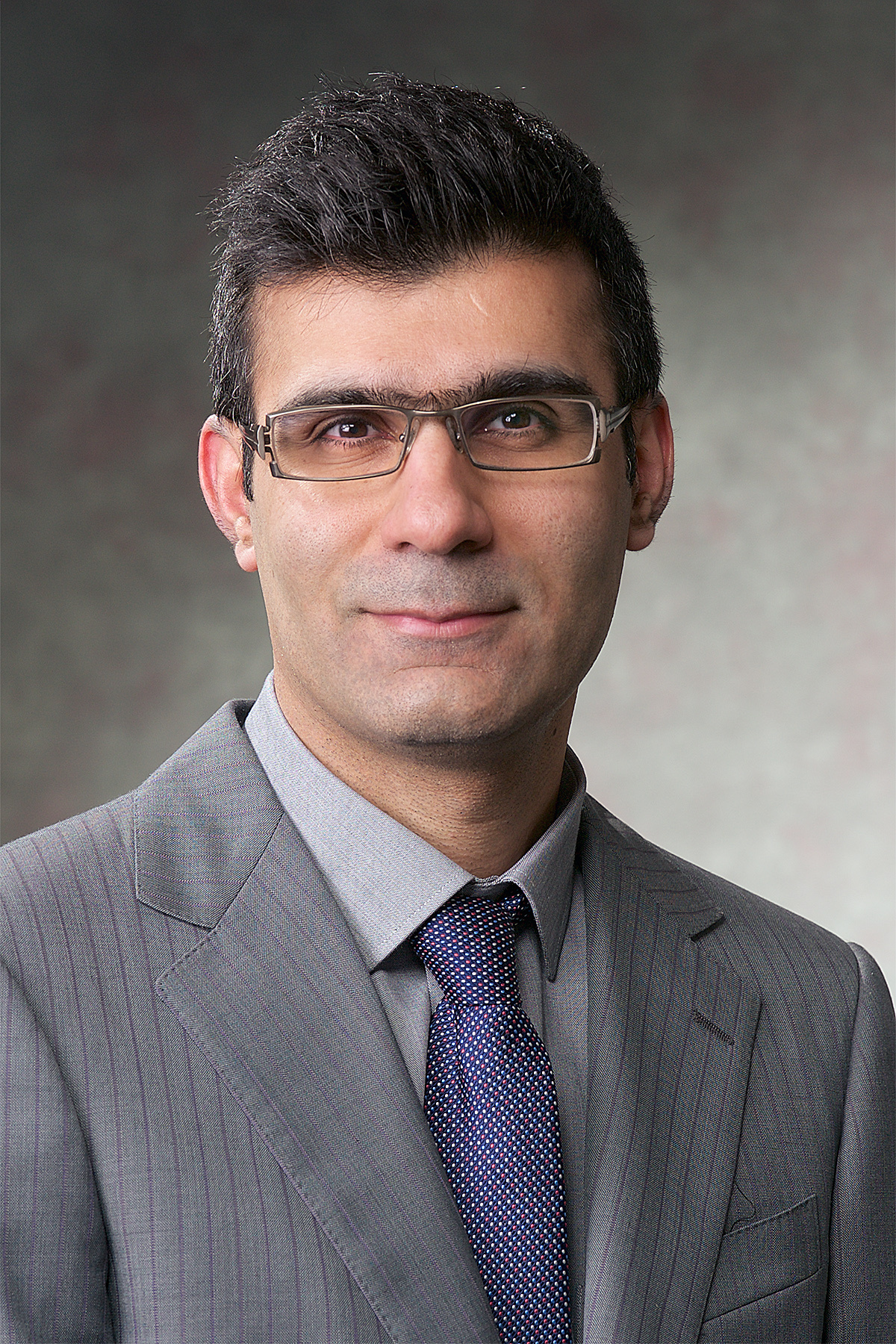
Hadi Hemmati
Hadi Hemmati is an associate professor in the Department of Electrical Engineering and Computer Science at the Lassonde School of Engineering. Previously, he was an associate professor in the electrical and software engineering department at the University of Calgary, Alta. In the past, he was also an assistant professor at the University of Manitoba, a postdoctoral Fellow at the University of Waterloo and at Queen’s University. He received his PhD from the University of Oslo, Norway. His main research interests are automated software engineering (with a focus on software testing, debugging and repair), and trustworthy Artificial Intelligence (AI), with a focus on robustness and explainability. His research has a strong focus on pragmatic software/ML solutions for large-scale systems and empirically investigating them in practice. He has been a principal investigator on multiple industry research projects in different domains such as IT, aviation, insurance, urban development, fintech and beyond.
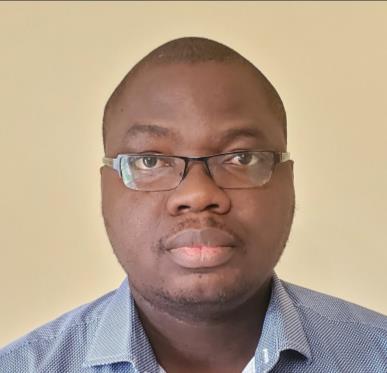
Benard Isojeh
Benard Isojeh is a registered engineer within Ontario and has experience in numerical analyses and design of engineering structures such as dams and bridges, joining the Civil Engineering department at Lassonde. His areas of expertise include fatigue analysis, fracture mechanics, linear and nonlinear finite element analysis, bridges, and analysis and design of composite structures. Other areas of interest include constitutive modelling and numerical analyses of concrete undergoing time-dependent deterioration. Isojeh completed his PhD at the University of Toronto in 2017. He was also the recipient of the Institution of Structural Engineers Andrew Beeby Prize in 2012 (UK).
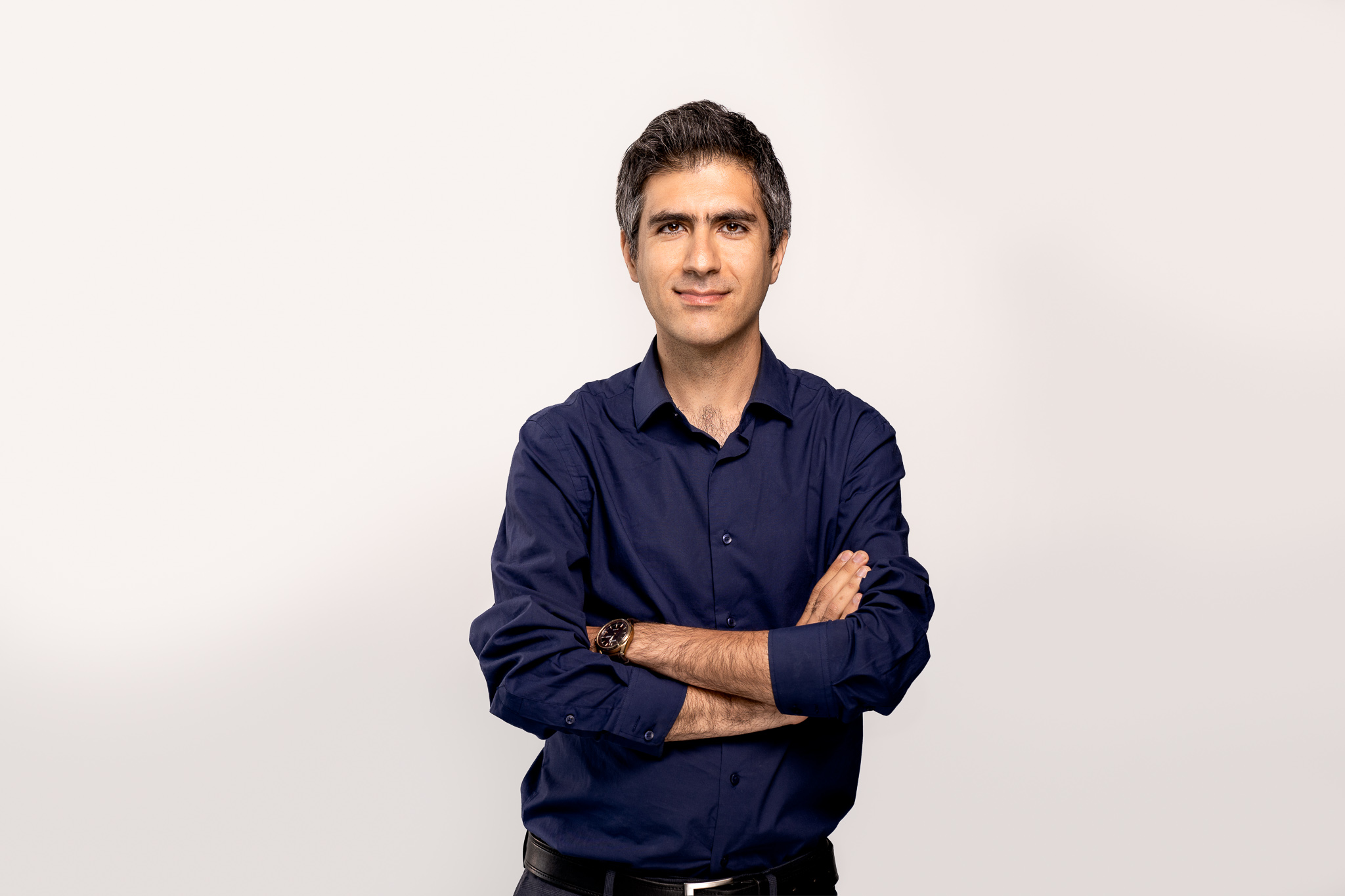
Shahin Kamali
Shahin Kamali is an assistant professor in the Department of Electrical Engineering and Computer Science at the Lassonde School of Engineering. Kamali obtained his PhD in computer science from the University of Waterloo in 2014. He received his BSc from the University of Tehran and his MSc from Concordia University, both in computer science. Kamali was a postdoctoral Fellow at the Massachusetts Institute of Technology (MIT) and an assistant professor at the University of Manitoba before taking up a faculty position at York.
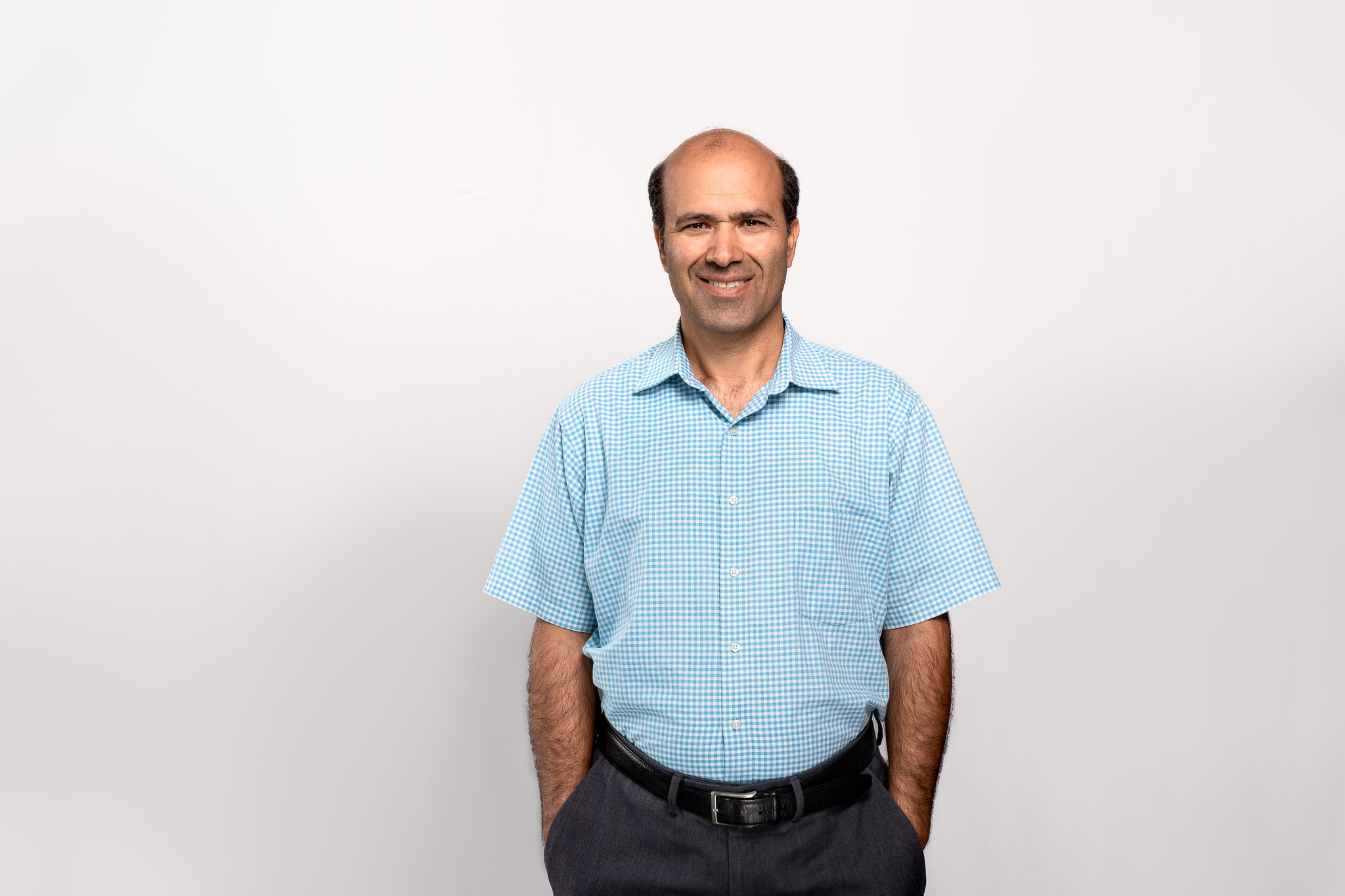
Houshang Karimi
Houshang Karimi is a professor in the Department of Electrical Engineering and Computer Science. He received BSc and MSc degrees from Isfahan University of Technology, Iran, in 1994 and 2000, respectively, and a PhD degree from the University of Toronto in 2007, all in electrical engineering. Dr. Karimi was a visiting researcher and a postdoctoral Fellow in the Department of Electrical and Computer Engineering at the University of Toronto, from 2001-03 and from 2007-08, respectively. He was an assistant professor with the Department of Electrical Engineering at the Sharif University of Technology, Tehran, Iran, from 2009-12.
From June 2012 to January 2013, he was a visiting professor in the ePower lab of the Department of Electrical and Computer Engineering at Queen’s University. He was a faculty member of the Department of Electrical Engineering at Polytechnique Montreal, from 2013-22. In July 2022, he joined the Department of Electrical Engineering and Computer Science at York University where he is currently a professor. His research interests include power systems, control systems, microgrid control, and smart grid. Karimi is a registered professional engineer in Quebec, a senior member of the Institute of Electrical and Electronics Engineers (IEEE) and an associate editor of the IEEE Systems Journal.

Kostas Kontogiannis
Kostas Kontogiannis is a newly appointed professor at Lassonde School of Engineering, Department of Electrical Engineering and Computer Science. Kontogiannis received a BSc degree in mathematics from the University of Patras, Greece, a MSc degree in computer science from Katholieke Universiteit Leuven, Belgium, and a PhD degree in computer science from McGill University. Prior to joining York, he served as a tenured associate professor at the Department of Electrical & Computer Engineering, University of Waterloo, as a professor at the Department of Electrical & Computer Engineering at the National Technical University of Athens, and as a professor at Western University Department of Computer Science where he held a research chair in software engineering for cyber-physical systems. Kontogiannis is working in the areas of software and system analytics, DevOps, cyber-physical systems, and model driven engineering.
He is the author of more than 100 influential conference papers, journals, and book chapters in these areas. His work on software maintenance, system analysis, fault localization, software transformations and service computing has received over the years wide attention and citations. Kontogiannis has been the recipient of two patents with IBM, two most influential decade paper awards (WCRE/SANER, CASCON), three IBM University Partnership Awards and a Canada Foundation for Innovation (CFI) New Opportunities Award. He is a faculty Fellow at the IBM Center for Advanced Studies, IBM Toronto Laboratory, and a former visiting scientist at SEI, Carnegie Mellon University. Kontogiannis has been a member of the IEEE Distinguished Visitors Program and has served as a Steering Committee member, General Chair, Program Chair and Program Committee member, in a number of IEEE Software Engineering related conferences.
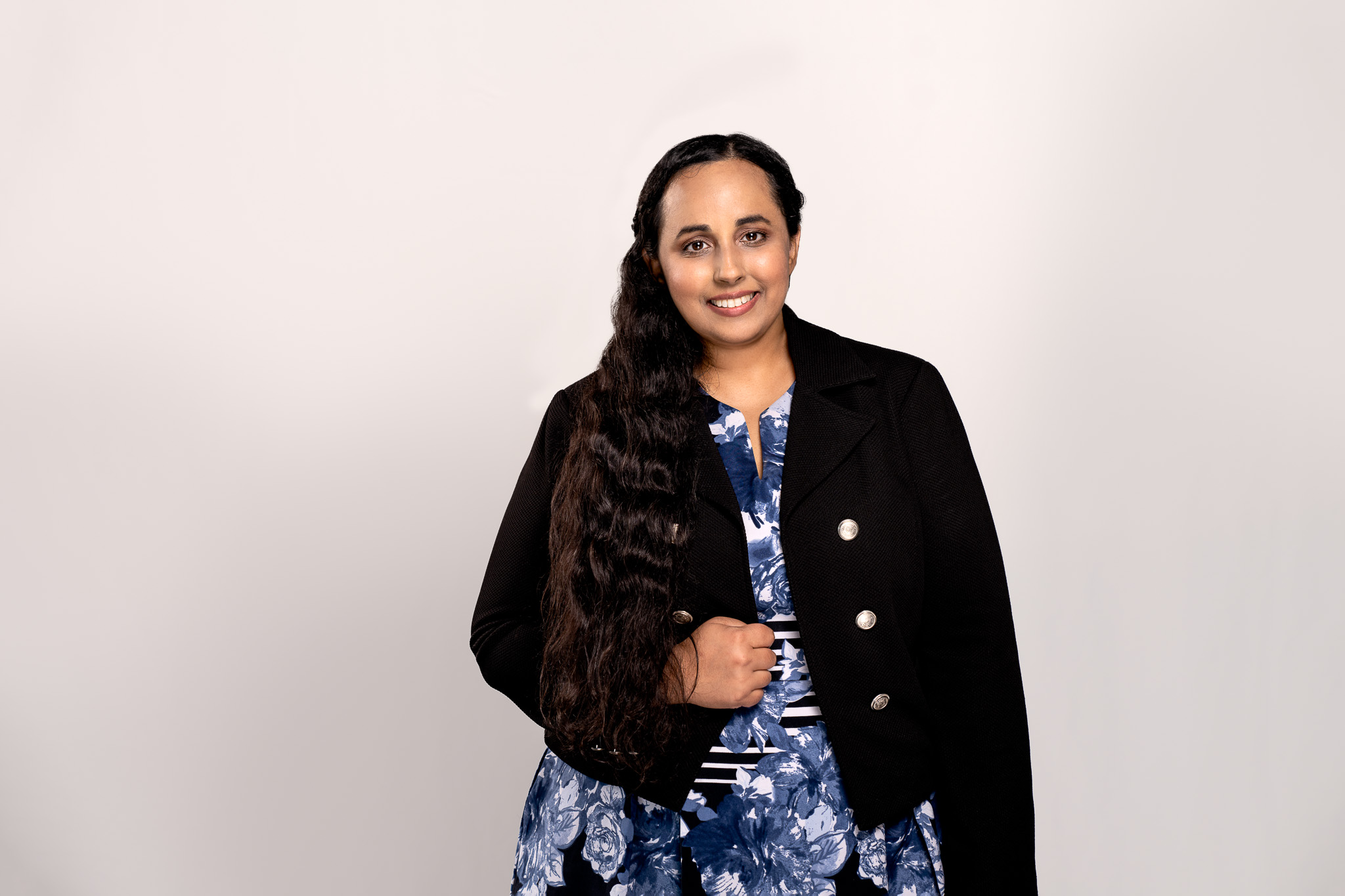
Sana Maqsood
Sana Maqsood is an assistant professor in the Department of Electrical Engineering and Computer Science. She received her BSc, MSc and PhD degrees in computer science from Carleton University in Ottawa. Prior to joining York, she was an instructor at Carleton University, teaching undergraduate courses in computer science and human-computer interaction (HCI). Her research interests are in usable security – an intersection of security and HCI. She is interested in making computer security systems more usable and accessible for users and improving their understanding of these systems. She utilizes interactive technologies, such as games, to improve users’ understanding of computer security. Her recent game, A Day in the Life of the JOs, for improving tweens’ understanding of security and privacy, has been deployed to more than 300 Canadian elementary schools by the non-profit MediaSmarts.
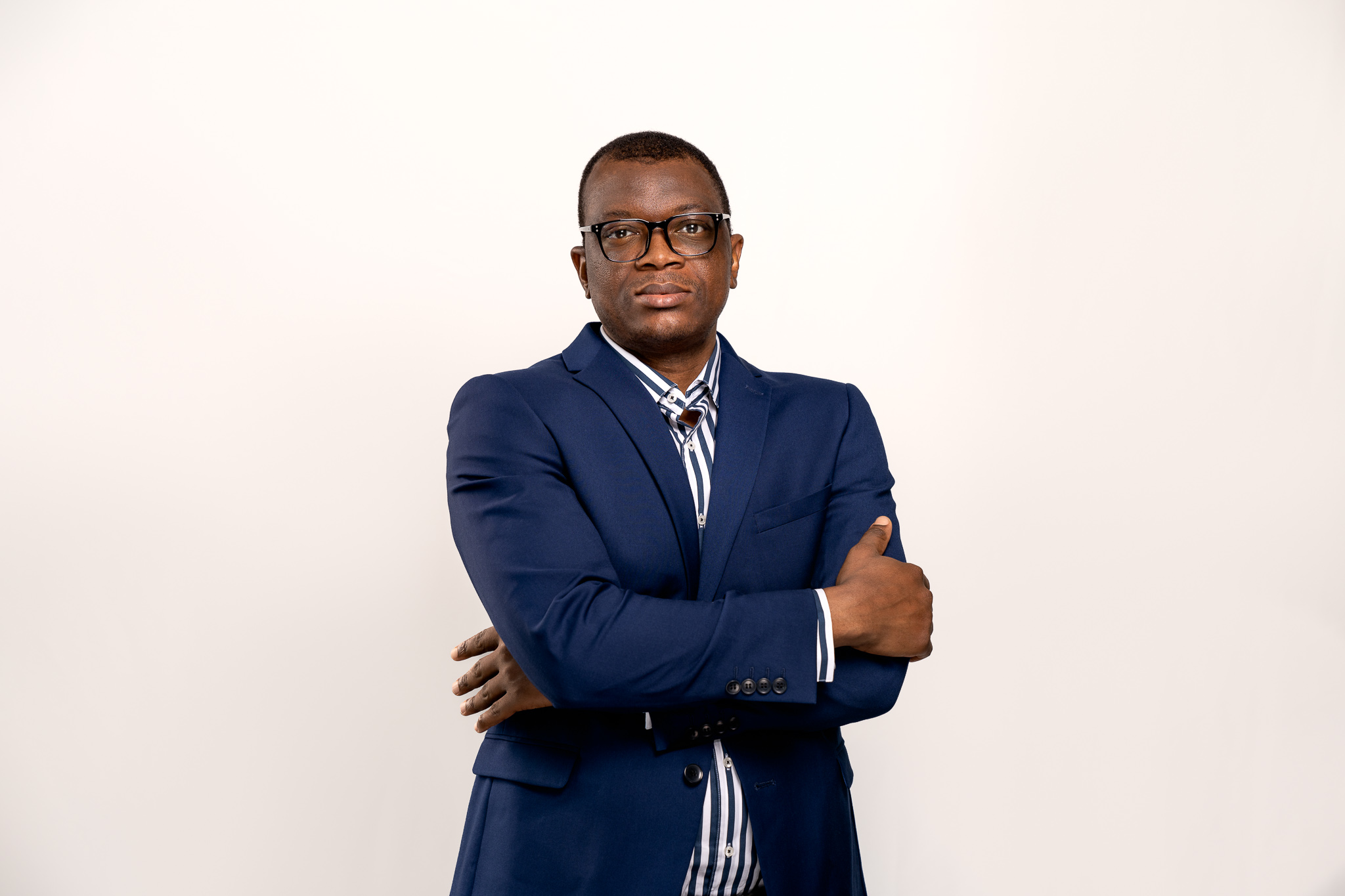
Kiemute Oyibo
Kiemute Oyibo is an assistant professor of computer science with the Interactive Systems Research Group in the Department of Electrical Engineering and Computer Science. He joined York University in the summer of 2022. Dr. Oyibo received his PhD in computer science from the University of Saskatchewan in 2020. He completed a postdoctoral fellowship at the University of Waterloo from 2020-22. His research interests include persuasive design, personalization, user modelling, user experience and digital health. He has published more than 90 scientific papers in these areas, which have received more than 1000 citations on Google Scholar.
His persuasive design of a culture-tailored fitness app won the gold award at the Human Computer Interaction International 2019 Student Design Competition in Florida. His research proposal on designing contact tracing apps as persuasive technologies was nominated for the 2022 national Banting Fellowship competition by the University of Waterloo. Oyibo’s long-term goal is to use personalization to tackle digital health inequities in high-, middle- and low-income countries. He is currently researching the utilization of machine learning techniques to personalize persuasive systems and bridge the digital divide in the health domain. When Oyibo is not working, he enjoys writing poetry and working out to keep fit physically and mentally.
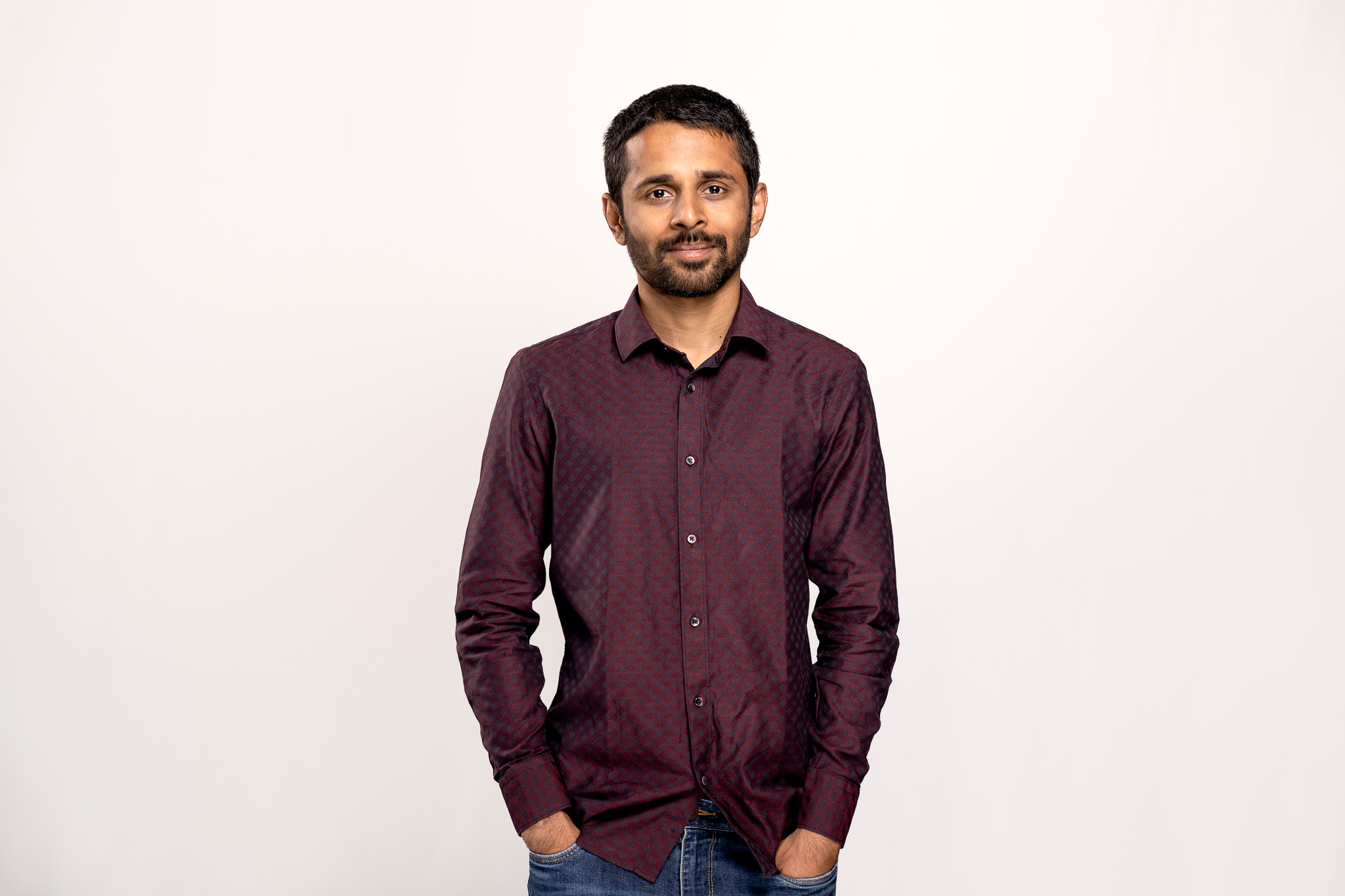
Aditya Potukuchi
Aditya Potukuchi is an assistant professor in the Department of Electrical Engineering and Computer Science at York University. He obtained his PhD in 2020 from Rutgers University. After that, he was a postdoctoral Fellow in the Department of Mathematics, Statistics and Computer Science at the University of Illinois in Chicago hosted by the TRIPODS Institute for Foundations of Data Science during 2020-22. His main area of research is theoretical computer science, especially combinatorial problems that arise in the context of algorithms, coding theory and the foundations of data science. Specifically, his focus is on applying methods from statistical physics and enumerative combinatorics to obtain phase transitions and algorithms for sampling and counting.
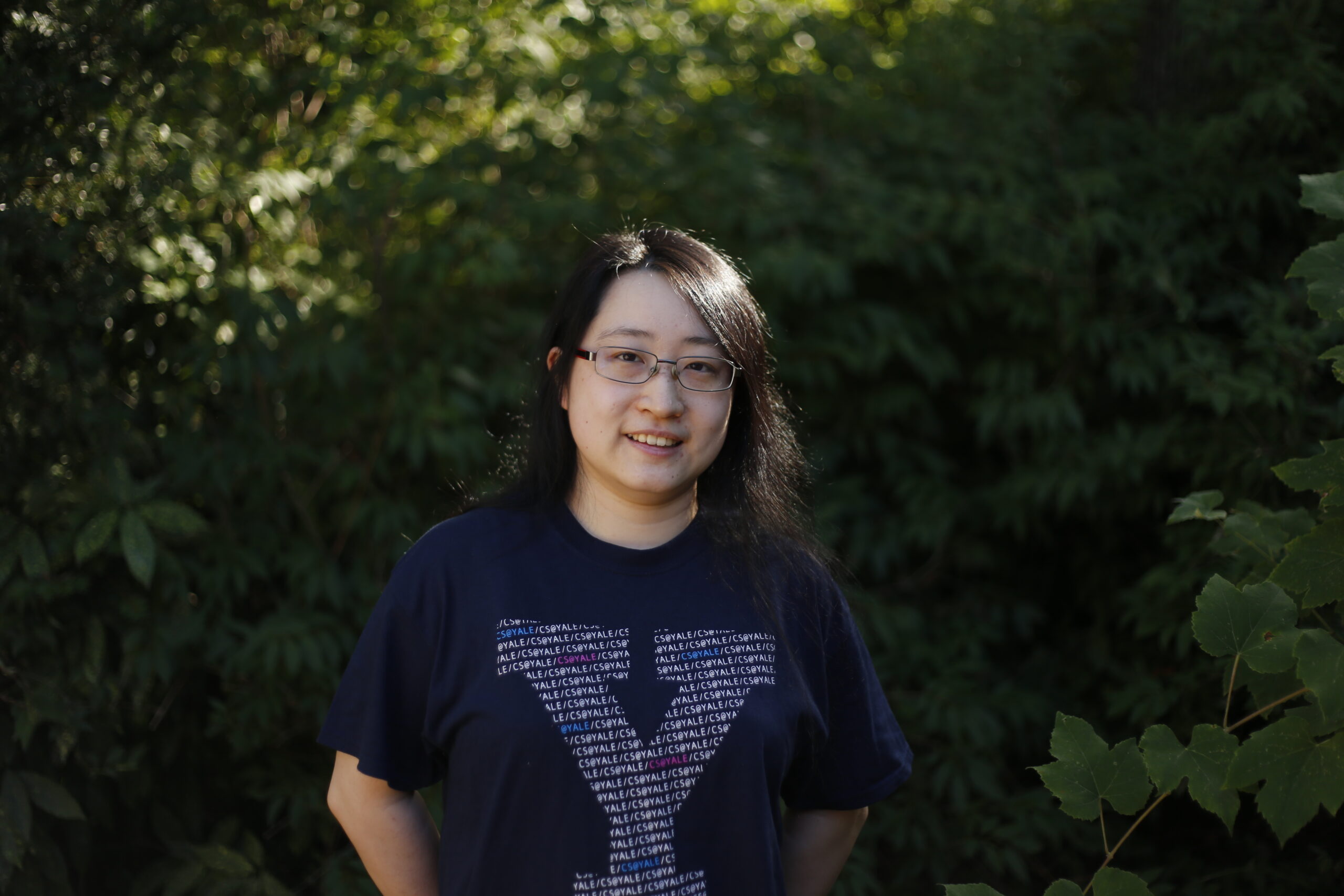
Meiying Qin
Meiying Qin is an assistant professor in the Department of Electrical Engineering and Computer Science at the Lassonde School of Engineering. Her teaching and research interests include robotics, human-robot interactions, animal-robot interactions, robot tutoring systems, AI, machine learning and computer science education. Qin is expected to receive her PhD in computer science from Yale University by the end of 2022 in the area of robotics. She received an MSc and MPhil in computer science from Yale University and a BSc in computer science and psychology from the University of Toronto. Originally from China, she received a BSc in biology from Peking University.
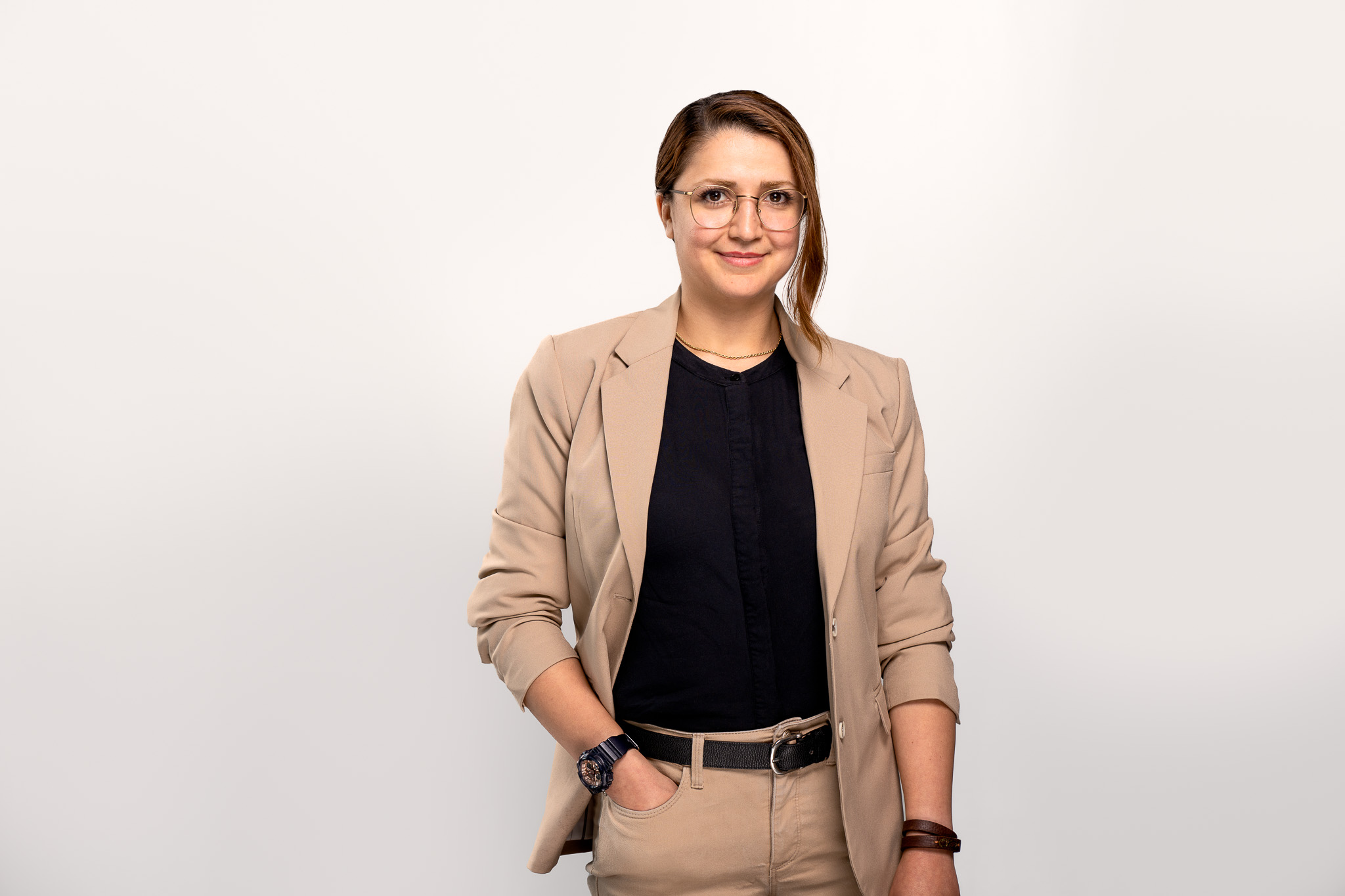
Razieh (Neda) Salahandish
Neda Salahandish is an assistant professor in the Department of Electrical Engineering and Computer Science at the Lassonde School of Engineering. Salahandish obtained her PhD in electrochemistry in 2018, with her doctoral research focused on the synthesis and fabrication of nano-structure-based biosensors for early-stage ultra-sensitive detection of breast cancer. Prior to joining York, she was a postdoctoral Fellow (2019-22) at the University of Calgary, Department of Biomedical Engineering, developing in-vitro diagnostic (IVD) platforms for clinical early diagnosis of various disease biomarkers, including quantitative rapid detection of COVID-19.
Currently an assistant professor at the Department of Electrical Engineering and Computer Science, she leads interdisciplinary research revolving around the development of miniaturized electrical and electrochemical sensors, integrated microfluidics systems, smart organ-on-chip platforms and wearable medical devices. As an entrepreneurially minded scholar, she co-founded Criticare Dx in 2018, a start-up company in the field of medical device development. She has also been an academic collaborator with a variety of early-stage ventures in the advanced sensing field, such as CardiAI Inc and Selective Lab, enthusiastically pursuing her translational research.
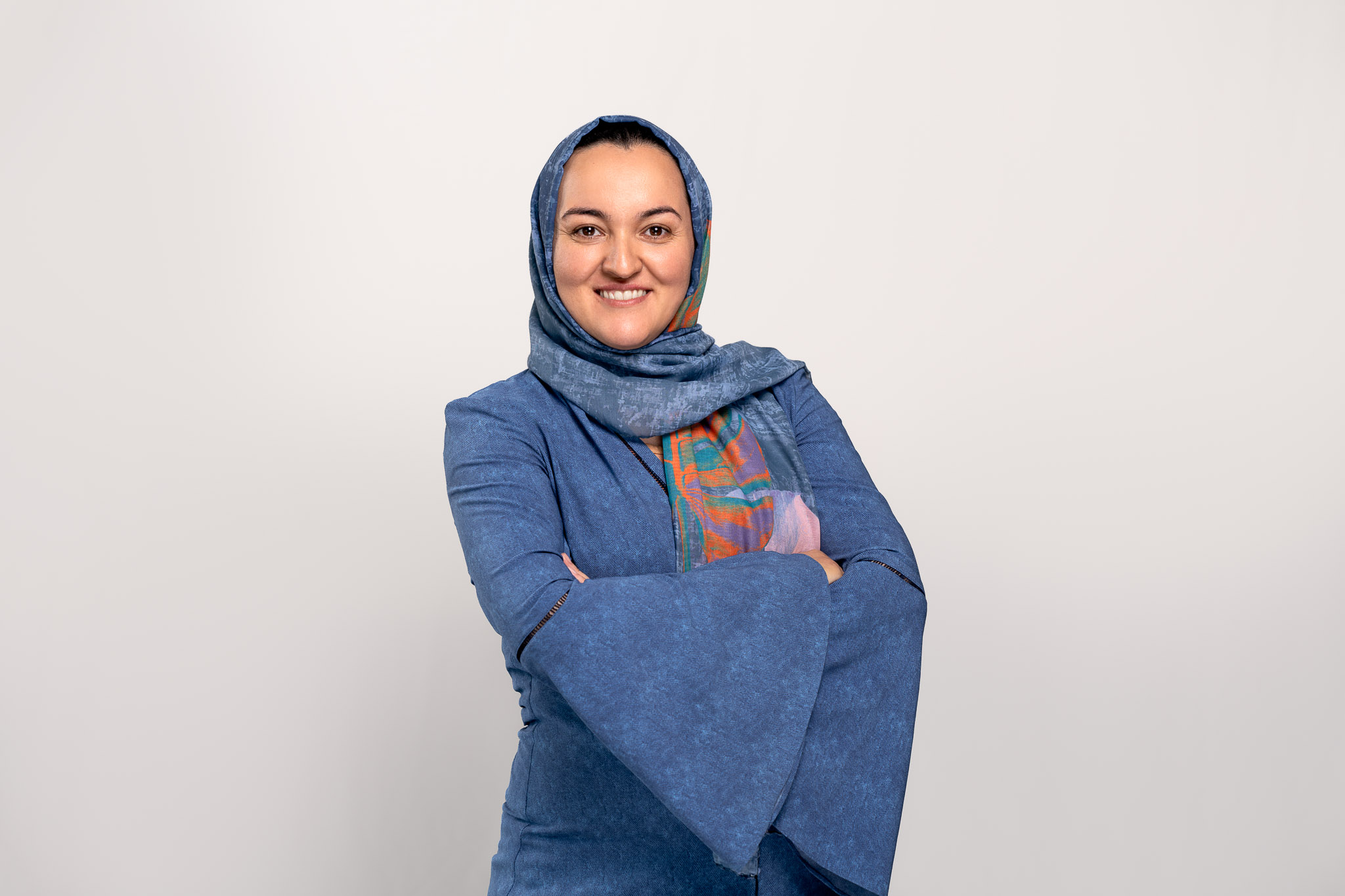
Laleh Seyyed-Kalantari
Laleh Seyyed-Kalantari is an assistant professor in the Department of Electrical Engineering and Computer Science. Before this, she was an associate scientist at Lunenfeld Tanenbaum Research Institute in Toronto, Canada. With a PhD in electrical engineering from McMaster University (2017), she was also an NSERC postdoctoral Fellow at the Vector Institute and the University of Toronto (2019-22). Her research interests are responsible AI and developing AI diagnostic tools with a focus on their fairness.
Her ultimate goal is to remove barriers toward the trustable deployment of AI diagnostic tools in clinics, such that they benefit the patients, provide fairness and reduce the workload of clinical staff. She has received a number of highly competitive national, provincial and institutional awards such as Banting Postdoctoral Fellowship (2022-declined), NSERC Postdoctoral Fellowship (2018), Research in Motion Ontario Graduate Scholarship (2015), Ontario Graduate Scholarship and Queen Elizabeth II Graduate Scholarship in Science and Technology (2014) and an Ontario Graduate Scholarship (2013), among others.
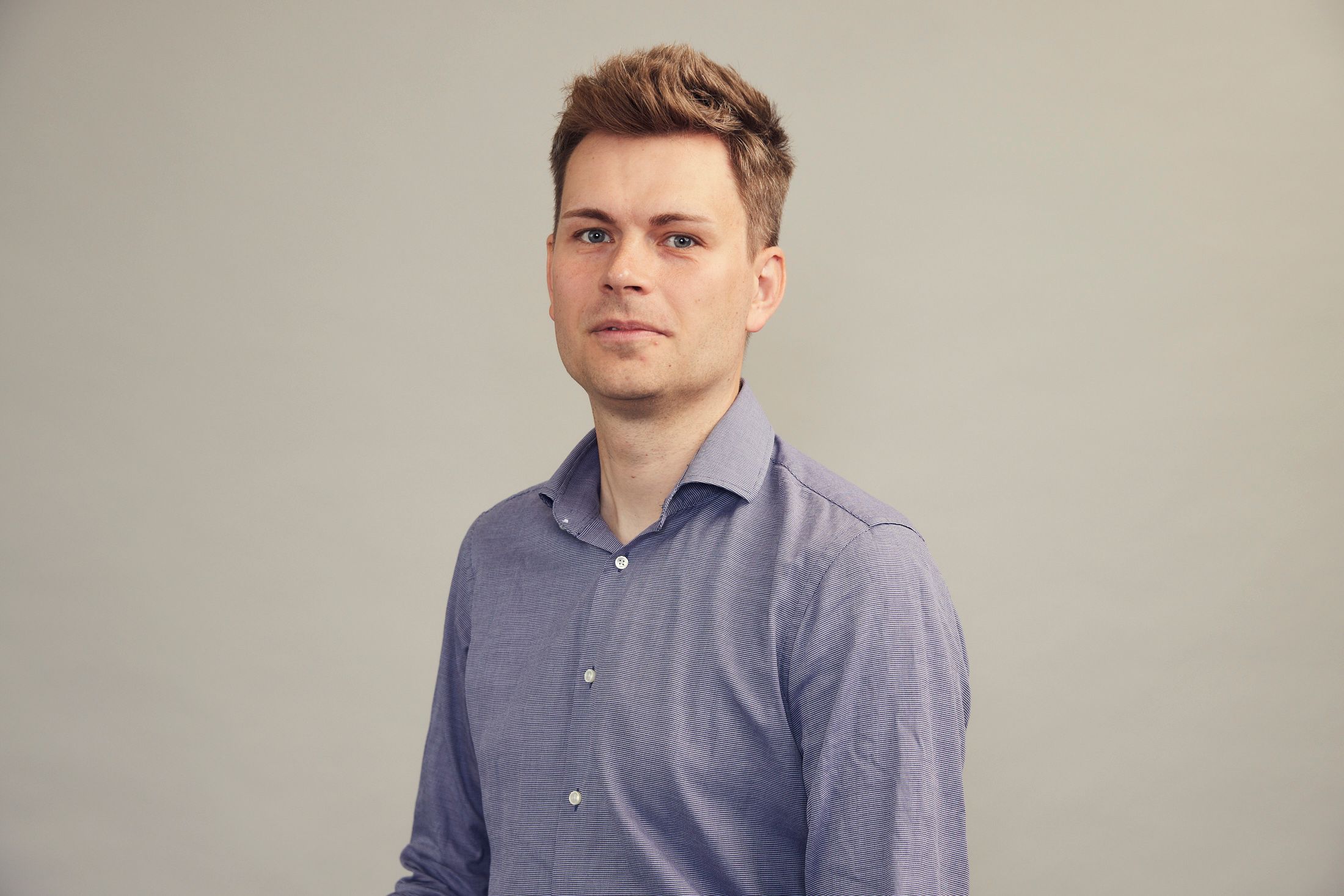
Jaroslaw (Jarek) Szlichta
Jarek Szlichta is an associate professor in the Department of Electrical Engineering and Computer Science at York University. He is also a faculty Fellow at IBM Centre for Advanced Studies (CAS). Prior to this, he was a postdoctoral Fellow at the University of Toronto and an associate professor at Ontario Tech University. His research concerns various topics in data science with special interests in data management, large-scale data analysis, data systems, graph data, and machine learning to obtain trustworthy insights from data. He is a recipient of the CeBIT computer expo Business Award for the work on the OCEAN GenRap analytic reporting tool and the runner-up IBM Project of the Year Award for automatic tuning of the IBM Db2 system. His research grants are from both government (NSERC, MITACS and SOSCIP) and industry (IBM and AT&T). He received his PhD degree from York University while he spent a three-year student fellowship at IBM CAS (with the IBM Research Student of the Year Award).
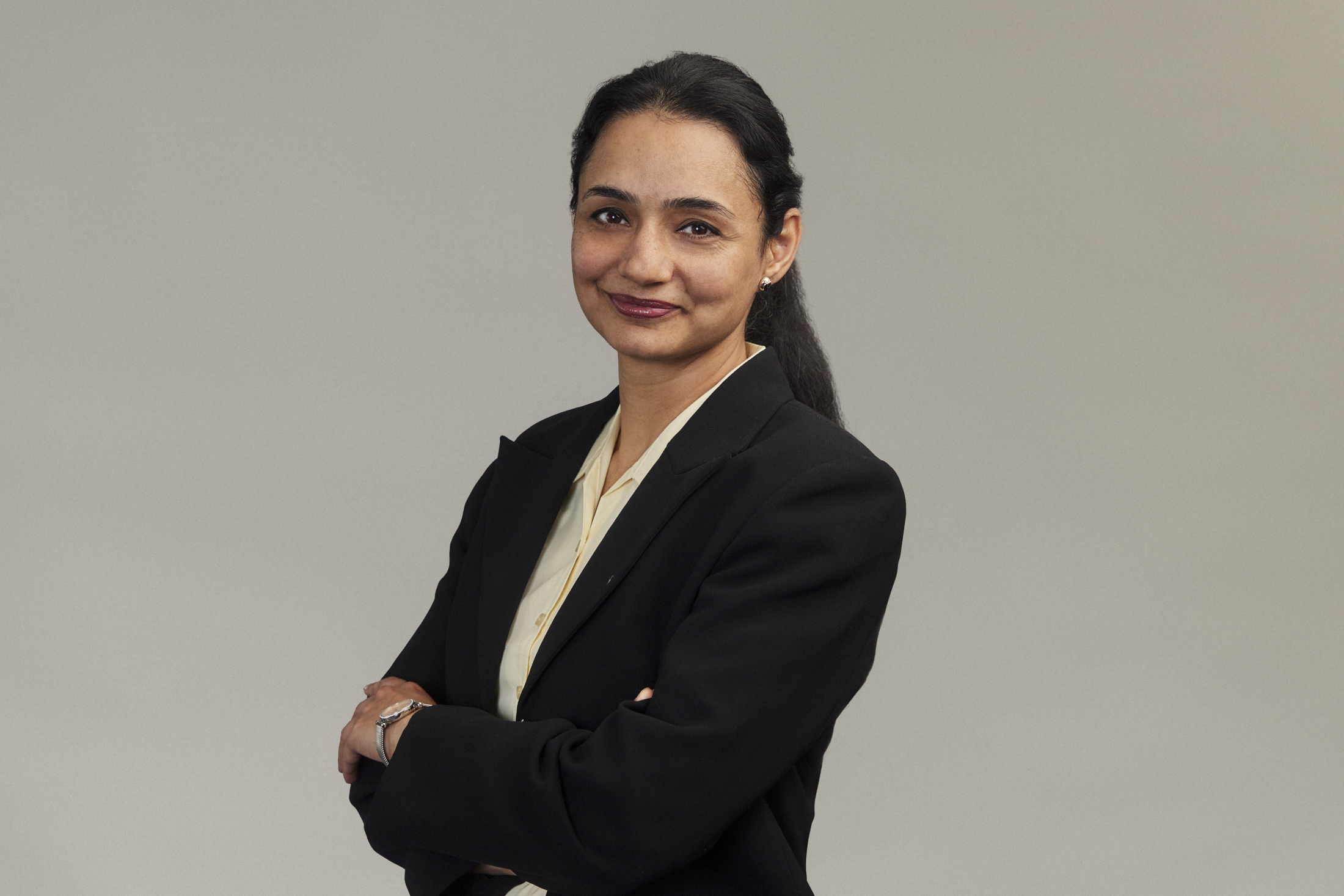
Pooja Vashisth
Pooja Vashisth is an assistant professor in the Department of Electrical Engineering & Computer Science. Prior to joining York, she worked as an assistant professor in the Department of Mathematical & Computational Sciences at the University of Toronto, Canada. She has diverse experience in teaching both introductory and advanced courses in computer science at well-known Canadian universities. She completed her PhD in 2014 at the University of Delhi, India. She holds three master’s degrees (MCA, MPhil, and MTech) in computer science.
She has been an enthusiastic administrator, researcher and dedicated teacher. She has 20 years of enriched experience as an academician. She was a faculty member in Delhi University Computer Science Department of SPM college from 2002-18. She led the department from 2014-18. She was awarded as the Best College Teacher by the Delhi state government in 2017-18 for her efforts in teaching, convening and research. Her areas of interest include recommender systems, machine learning, and computer science education research. She has published several research papers in reputed journals and conferences and has been serving as an editorial board member of reputed journals and conferences. In her personal time, she loves to be outdoors and enjoy nature walks.
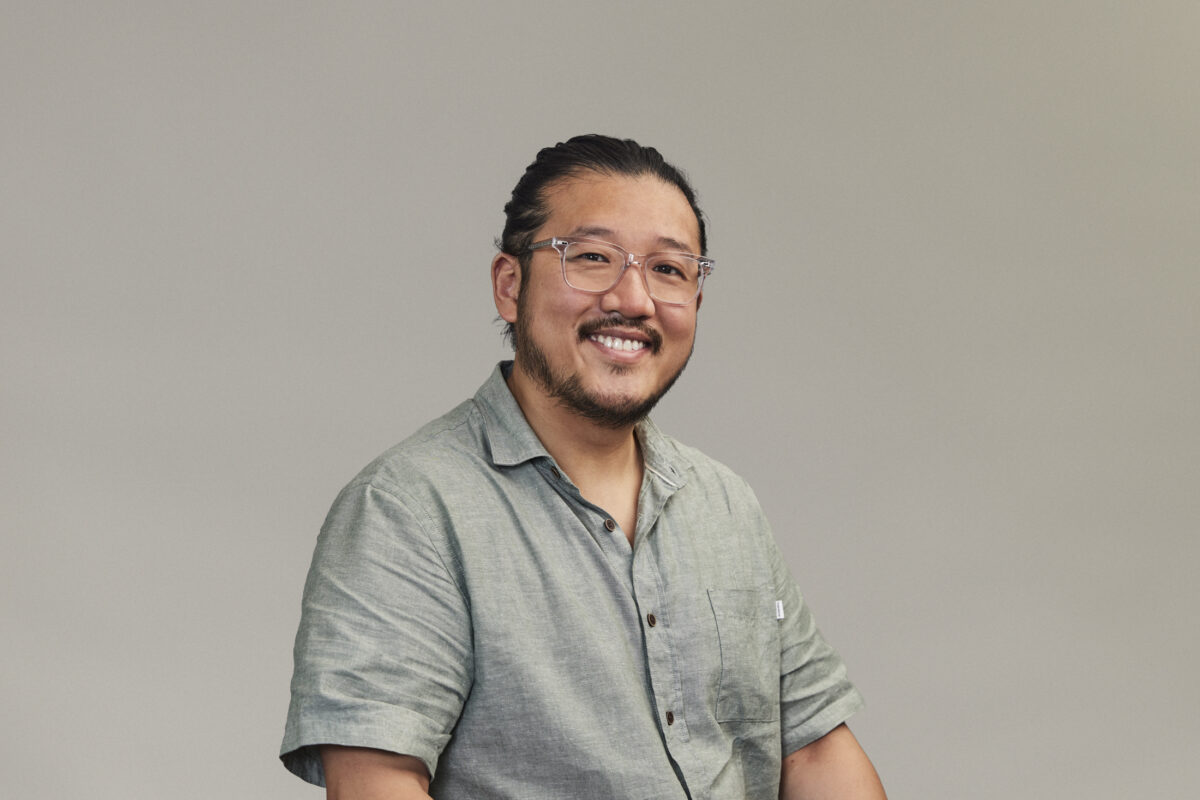
Kai Zhuang
Kai Zhuang is an assistant professor in the Department of Electrical Engineering & Computer Science. Zhuang is an engineer, educator, comic artist and professor of engineering and computer science. Zhuang has a diverse background in systems engineering, environmental biology, computational modeling, leadership development and many forms of body and visual arts. Through his teaching and creative works, Zhuang aspires to help people think bigger, learn better, care more and do meaningful good in the world. You can learn more about Zhuang by visiting his website www.Kai-Zhuang.com.